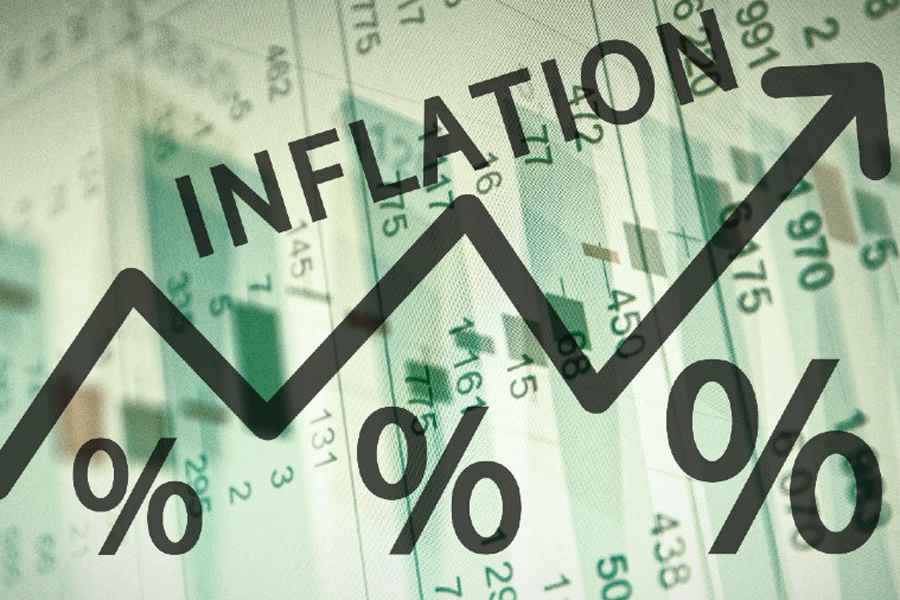The Centre is set to release retail inflation data for November on Tuesday, with a Reuters poll predicting a rise of more than 80 points on a sequential basis on account of volatility in food prices.
The consumer price index — used to calculate retail inflation — is estimated at 5.70 per cent in November against 4.87 per cent in October, according to the poll of 41 economists.
The vegetable index is likely to rise sharply on the back of a surge in the prices of onion and tomato.
Meanwhile, the Centre continues its fight against food inflation. After banning onion exports and slashing wheat stocking limits for wholesale traders and retailers last week, the government made it mandatory to register the import of yellow peas under the import monitoring system till March 31 next year.
It also extended the export ban on de-oiled rice bran, a major ingredient in the preparation of cattle and poultry feed, till March 31 next year.
Onion prices, which have been on the rise for a few months, jumped 58.3 per cent in November, according to the department of consumer affairs, which sources its data from the mandis.
Tomato prices havebeen extremely volatile: after rising 214.3 per cent sequentially in July, prices fell 77.7 per cent in October.
In November, however, tomato prices rose 34.7 per cent on a sequential basis, the data showed.
Apart from vegetables, non-perishable food items such as cereals and pulses also remain a concern.
Inflation in pulses was at a near three-year high of 18.79 per cent in October, while inflation in cereals has been in double digits for more than a year.
Finance minister Nirmala Sitharaman informed Parliament that retail inflation is now “stable” and temporary increases in inflation on a few occasions are caused by demand-supply mismatches arising out of global shocks and adverse weather conditions.
In a written reply to the Lok Sabha, Sitharaman said India’s retail inflation has declined from an average of 7.1 per cent in April-October 2022 to 5.4 per cent in the corresponding period of 2023.











